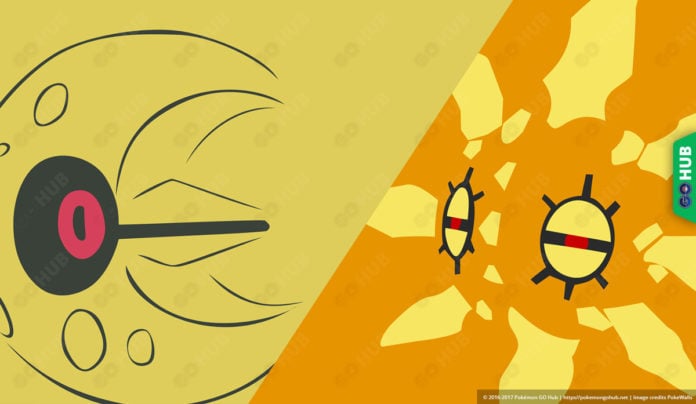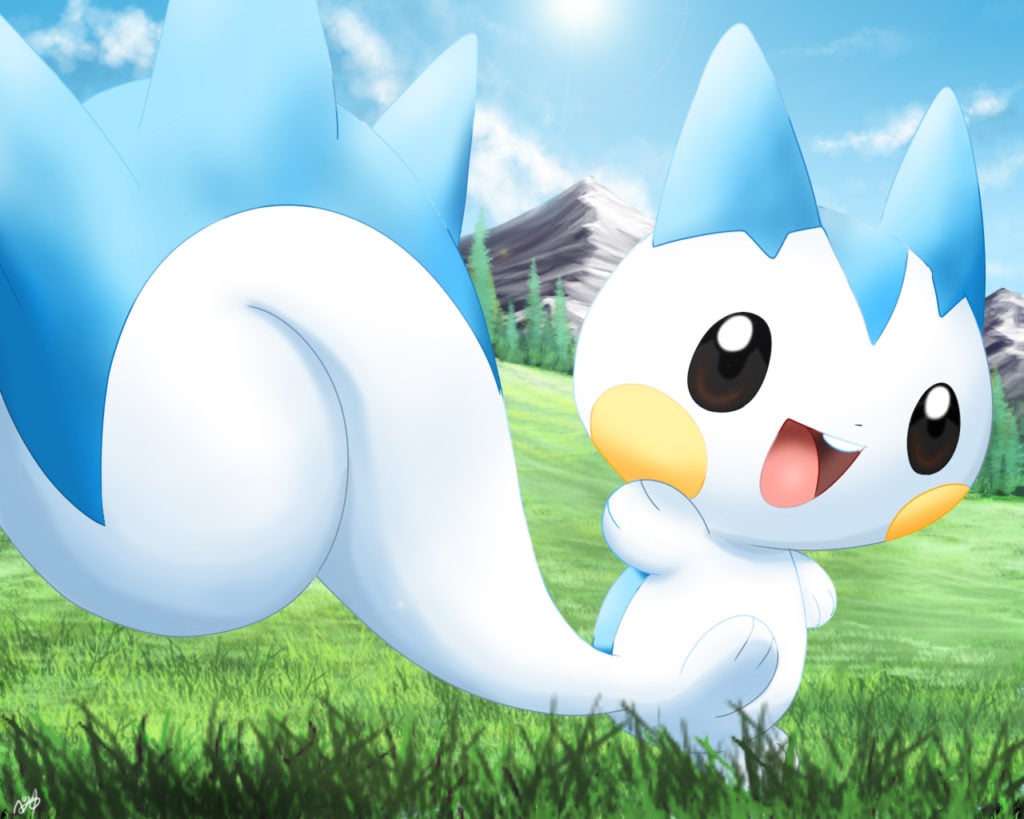In Pokémon GO, some Pokémon are exclusive to certain parts of the world and can’t be found anywhere else. These Pokémon are called Region Exclusive Pokémon and there are currently 53 confirmed region-exclusive Pokémon species and forms.
This page lists all region locked Pokémon with the locations where they can be found.
List of Regional Pokémon in Pokémon GO
| Pokémon | Location |
|---|---|
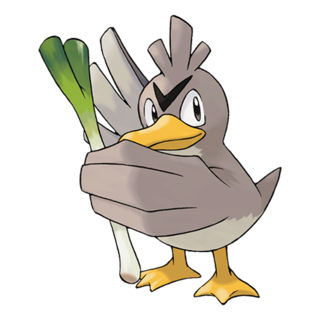 Farfetch'd
Farfetch'd
|
South Korea, Taiwan, Japan, and Hong Kong |
 Kangaskhan
Kangaskhan
|
Australia |
 Mr. Mime
Mr. Mime
|
Europe |
 Tauros
Tauros
|
The United States and Southern Canada |
 Heracross
Heracross
|
Central and Southern American Regions |
 Corsola
Corsola
|
Between 31N and 26S Latitudes (Coastal Regions only) |
 Volbeat
Volbeat
|
Europe, Asia, and Australia |
 Illumise
Illumise
|
North and South Americas and Africa |
 Torkoal
Torkoal
|
Western Asian and South-Eastern Asian Regions |
 Zangoose
Zangoose
|
Europe, Asia, and Australia |
 Seviper
Seviper
|
North and South Americas and Africa |
 Lunatone
Lunatone
|
Western Hemisphere – West of Greenwich Meridian Line in Europe and Africa, North and South Ameirca |
 Solrock
Solrock
|
Eastern Hemisphere – East of Greenwich Meridian Line in Europe and Africa, Asia, Australia, Middle East |
 Tropius
Tropius
|
African and Middle-eastern Regions |
 Relicanth
Relicanth
|
New Zealand and Oceania |
 Pachirisu
Pachirisu
|
Arctic Hemisphere Regions(Parts of Canada, Alaska, and Russia) |
 Chatot
Chatot
|
Southern Hemisphere |
 Carnivine
Carnivine
|
Southeastern United States |
 Shellos
Shellos
|
Shellos West Sea (pink) is found in the Western Hemisphere while Shellos East Sea (blue) is found in the Eastern Hemisphere |
 Mime Jr.
Mime Jr.
|
Europe (5 km eggs) |
 Uxie
Uxie
|
Asia-Pacific |
 Mesprit
Mesprit
|
Europe, Middle East, Asia and Africa |
 Azelf
Azelf
|
North and South Americas and Greenland |
 Pansage
Pansage
|
Asia-Pacific Region |
 Pansear
Pansear
|
Europe, Middle East, Africa and India |
 Panpour
Panpour
|
North and South Americas, and Greenland |
 Sawk
Sawk
|
Europe, Asia and Australia |
 Throh
Throh
|
North and South Americas, and Africa |
 Basculin
Basculin
|
The Red-Striped Form is found in the Eastern Hemisphere. The Blue-Striped Form is found in the Western Hemisphere |
 Maractus
Maractus
|
Mexico, Central America and South America |
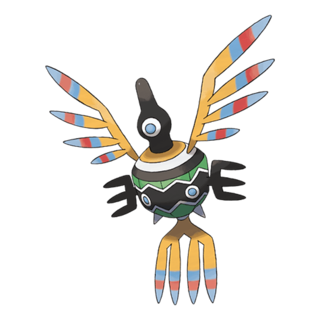 Sigilyph
Sigilyph
|
Egypt and Greece |
 Bouffalant
Bouffalant
|
New York and surrounding areas |
 Heatmor
Heatmor
|
Europe, Asia and Australia |
 Durant
Durant
|
North and South America and Africa |
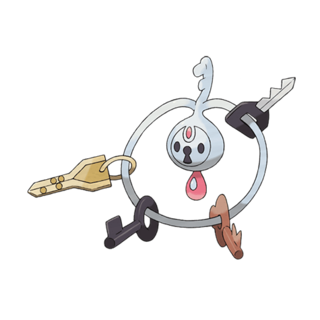 Klefki
Klefki
|
France, Luxembourg, UK South East Coast, Western Switzerland |
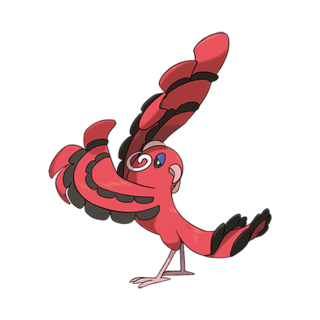 Oricorio (Baile)
Oricorio (Baile)
|
Europe, the Middle East, and Africa |
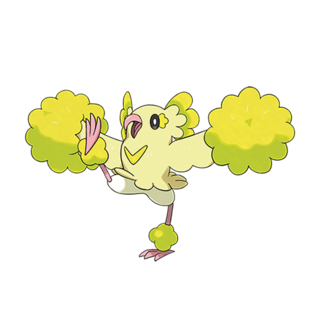 Oricorio (Pom-Pom)
Oricorio (Pom-Pom)
|
The Americas |
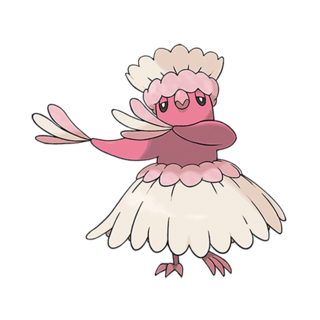 Oricorio (Pa'u)
Oricorio (Pa'u)
|
African, Asian, Pacific and Caribbean Islands |
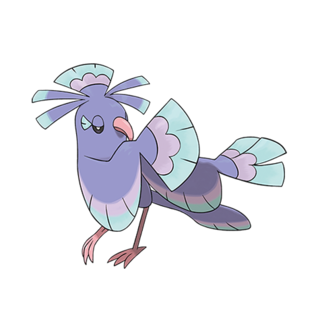 Oricorio (Sensu)
Oricorio (Sensu)
|
Asia-Pacific Region |
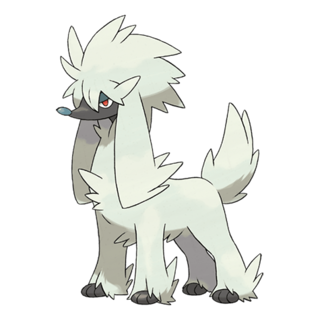 Furfrou (Debutante)
Furfrou (Debutante)
|
The Americas |
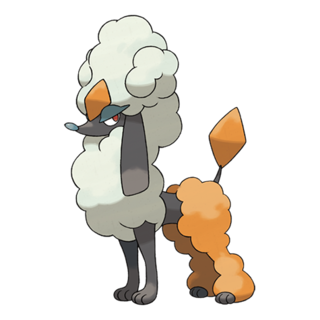 Furfrou (Diamond)
Furfrou (Diamond)
|
Europe, the Middle East, and Africa |
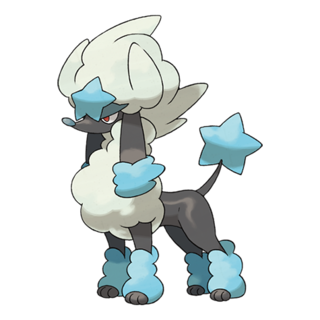 Furfrou (Star)
Furfrou (Star)
|
Asia-Pacific Region |
 Furfrou (La Reine)
Furfrou (La Reine)
|
France |
 Furfrou (Kabuki)
Furfrou (Kabuki)
|
Japan |
 Furfrou (Pharaoh)
Furfrou (Pharaoh)
|
Egypt |
 Comfey
Comfey
|
Hawaii |
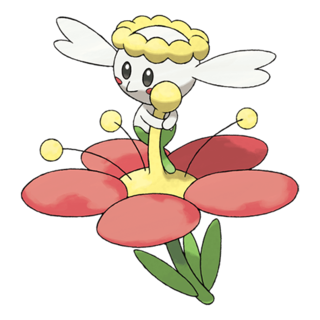 Flabebe (Red Flower)
Flabebe (Red Flower)
|
Europe, the Middle East, and Africa |
 Flabebe (Yellow Flower)
Flabebe (Yellow Flower)
|
The Americas |
 Flabebe (Blue Flower)
Flabebe (Blue Flower)
|
Asia-Pacific Region |
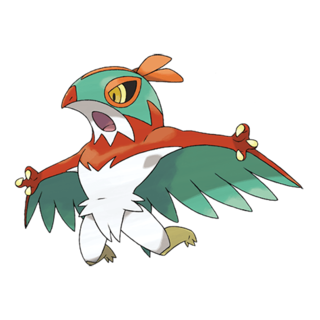 Hawlucha
Hawlucha
|
Mexico |
 Celesteela
Celesteela
|
Southern Hemisphere |
 Kartana
Kartana
|
Northern Hemisphere |
 Vivillion
Vivillion
|
Patterns vary from region, scatterbug encounters unlocked from pinning postcards |
How to get Farfetch’d, Kangaskhan, Tauros and Mr.Mime in Pokémon GO?
Generation 1 Regional Pokémon are common spawns found in the wild, but only in their respective regions. There’s nothing special to know about finding them, they are commonly available in parks, urban and similar areas.
- Farfetch’d → South Korea, Taiwan, Japan, and Hong Kong
- Kangaskhan → Australia
- Mr. Mime → Europe
- Tauros → The United States and Southern Canada
How to get Heracross and Corsola in Pokémon Go?
Generation 2 Regional Pokémon are a bit harder to catch than Gen 1 Regionals, mostly because Corsola has specific spawning conditions. It spawns 1 to 2 miles of the coast, and only between specific geographical latitudes (tropic zone)
- Heracross → everywhere in South America
- Corsola → between 31N and 26S Latitudes, water areas near the coast
Furfrou Form Change Mechanic
Furfrou’s debut in Pokémon GO also marks the arrival of a new feature that will allow you to change the forms of certain Pokémon. Follow these steps to change Furfrou’s Trim:
- Furfrou begins in its Natural Trim. This is the only version that can be caught.
- Select Furfrou in your Pokémon storage and then tap the ‘Change Form‘ button to bring up a menu that lists the available Trims. The available trims will depend on your region.
- Select your preferred Trim.
- Changing your Furfrou from one Trim to any other Trim will cost 25 Furfrou Candy and 10,000 Stardust.
How to Collect Vivillion Patterns in Pokémon GO
Vivillon, the Scale Pokémon, is known for its many different patterns. Trainers can collect patterned Vivillon from all over the world by pinning Postcards received from Trainers, PokéStops, or Gyms in different regions.
Pinning Postcards from eligible regions unlocks the Vivillon Collector medal and adds progress to sub-medals associated with the Postcard’s region of origin. Progressing on sub-medals leads to encounters with Scatterbug. Scatterbug from different regions evolve into Vivillon with different patterns!
Check out this article to find out all the Vivillion pattern regions!
Oricorio
While in the main series Oricorio changes their appearance via sipping nectars from various different flowers, in Pokémon GO the forms are currently regional and cannot be changed. Each Oricorio changes typing depending on the nectar they have consumed, making it a trickier mechanic for GO. In the main series the following occurs:
- If Red Nectar is used on Oricorio, it will change into Baile Style, where it becomes Fire and type.
- If Yellow Nectar is used on Oricorio, it will change into Pom-Pom Style, where it becomes Electric and type.
- If Pink Nectar is used on Oricorio, it will change into Pa’u Style, where it becomes Psychic and type.
- If Purple Nectar is used on Oricorio, it will change into Sensu Style, where it becomes Ghost and type.
Currently, these forms are only catchable in their specific regions, and cannot be changed. Whether this may change in the future or not is unknown. For now, you will have to travel to other regions, or trade with other trainers who have been able to travel to collect all the different Oricorio styles.
What Makes a Pokémon a Regional?
As Niantic has released more Pokémon into the world for us to search for, some Pokémon have been harder to find due to being in specific areas of the globe, requiring dedicated trainers to travel to obtain these otherwise elusive Pokémon.
The announcement of a new generation of Pokémon naturally brings in new regionals to the forefront. Kalos has so far seen Klefki, Flabébé and Furfrou as regionals, with the latter as a new form changing mechanic, and so far Alola has brough us Comfey and the Oricorio styles.
Many of the regional Pokémon are regional based on rivalries. For example, Seviper and Zangoose share a long feud in the main series games, constantly battling and chasing each other. They are based on a snake and a mongoose, and in the real world the mongoose is a snake’s predator. Mongoose will kill and eats snakes, and are immune to their venom.
Other regionals are regional because of the regions the main series games are based on. Klefki is from Kalos, which is thought to be based on France, so it became a French regional. Comfey is an Alola regional, which is based upon Hawaii, so Comfey is only found in Hawaii.
For others it is based on where the inspiration for the Pokémon may be found, like Tauros, Maractus, Sigilyth and Bouffalant. For others, it is simply because Niantic decided to make them regional and split the world into three, like the Lake Trio and the elemental monkeys.
With that being said, let’s find out about the regional Pokémon in the game!

